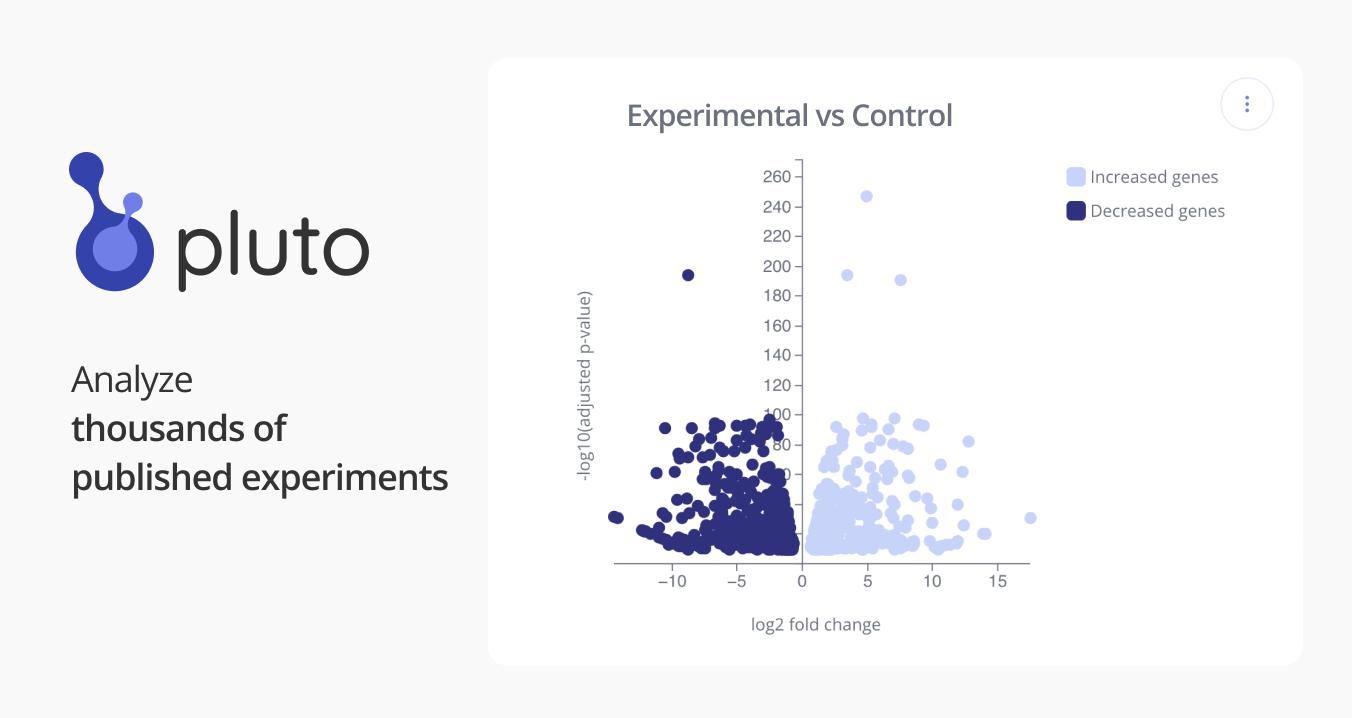Pluto Bioinformatics
GSE83144: Alteration in microRNA-25 Balance Causes Heart and Kidney Impairment
Bulk RNA sequencing
Contradictorily, both up- and downregulation of miR-25 can reverse heart failure. Importantly, these findings were based on the same animal model of pressure overloaded transverse aortic constriction (TAC) mice. How can we explain and, if possible, reconcile these two conflicting findings? Heart failure is a multi-step process that involves multiple organs, and we hypothesized that determining whether altering miR-25 alone could induce heart failure should provide a mechanistic basis for miR-25s action in this process. Here, we show that overexpression of miR-25 in normal mice caused cardiomyocyte fibrosis and apoptosis but no obvious kidney impairment. By contrast, inhibition of miR-25 in normal mice led to hypertension, mild heart dilation, and severe kidney dysfunction. With the expectation that restoring miR-25 might ameliorate kidney injury, we demonstrated that increasing miR-25 reversed proteinuria and kidney fibrosis in diabetic nephropathy. MiR-25 expression in humans is initially decreased at the onset of heart failure but is later increased in end-stage heart failure. RNA sequencing of mouse kidneys with elevated and reduced miR-25 identified distinct alterations of a number of putative miR-25 target mRNAs, including those involved in the Ras signaling pathway, oxidant stress. In summary, differences in miR-25 expression during different stages of heart disease and its distinct roles in the heart and kidney, offer a new perspective for the role of miR-25 function in heart failure, which may begin to resolve this catch-22. SOURCE: Binghai Zhao (531581955@qq.com) - binghaizhao Mudanjiang Medical University
